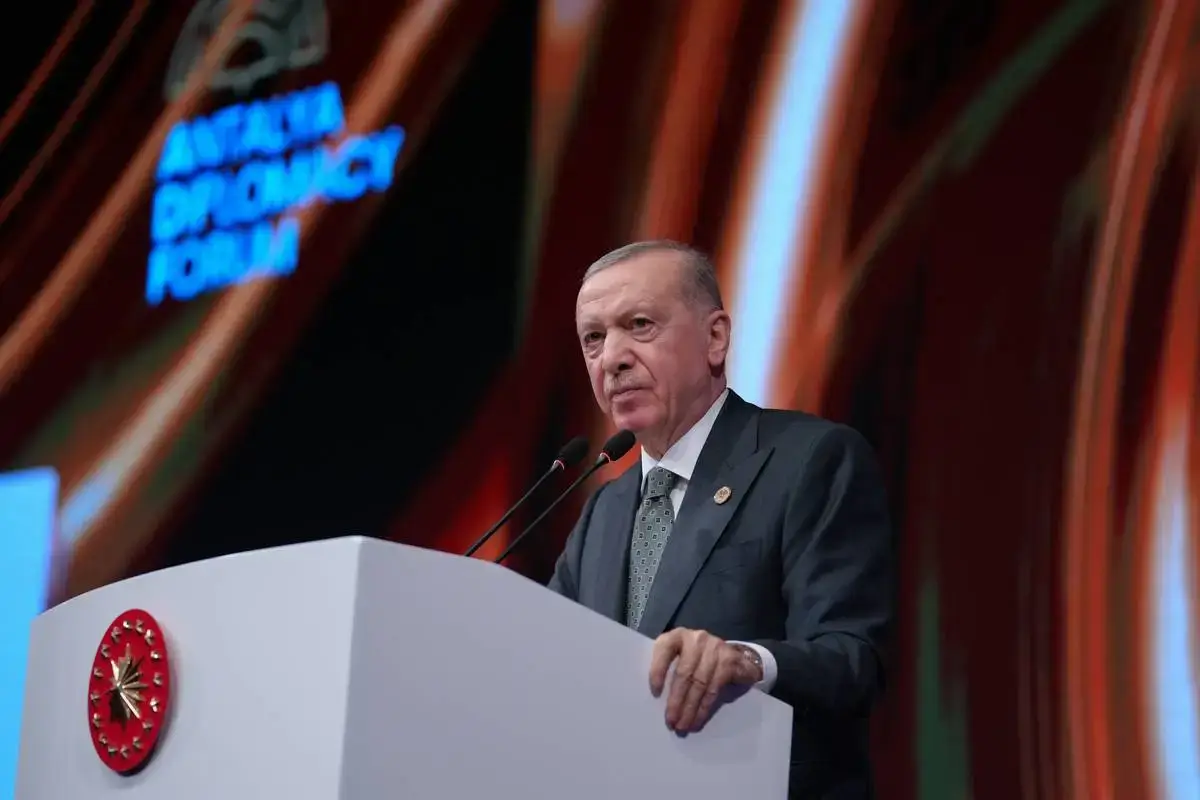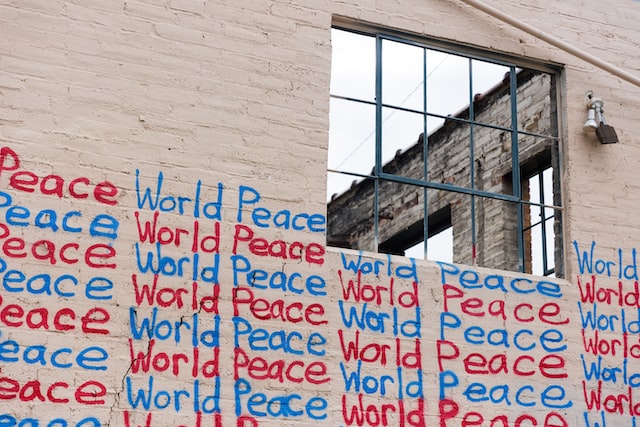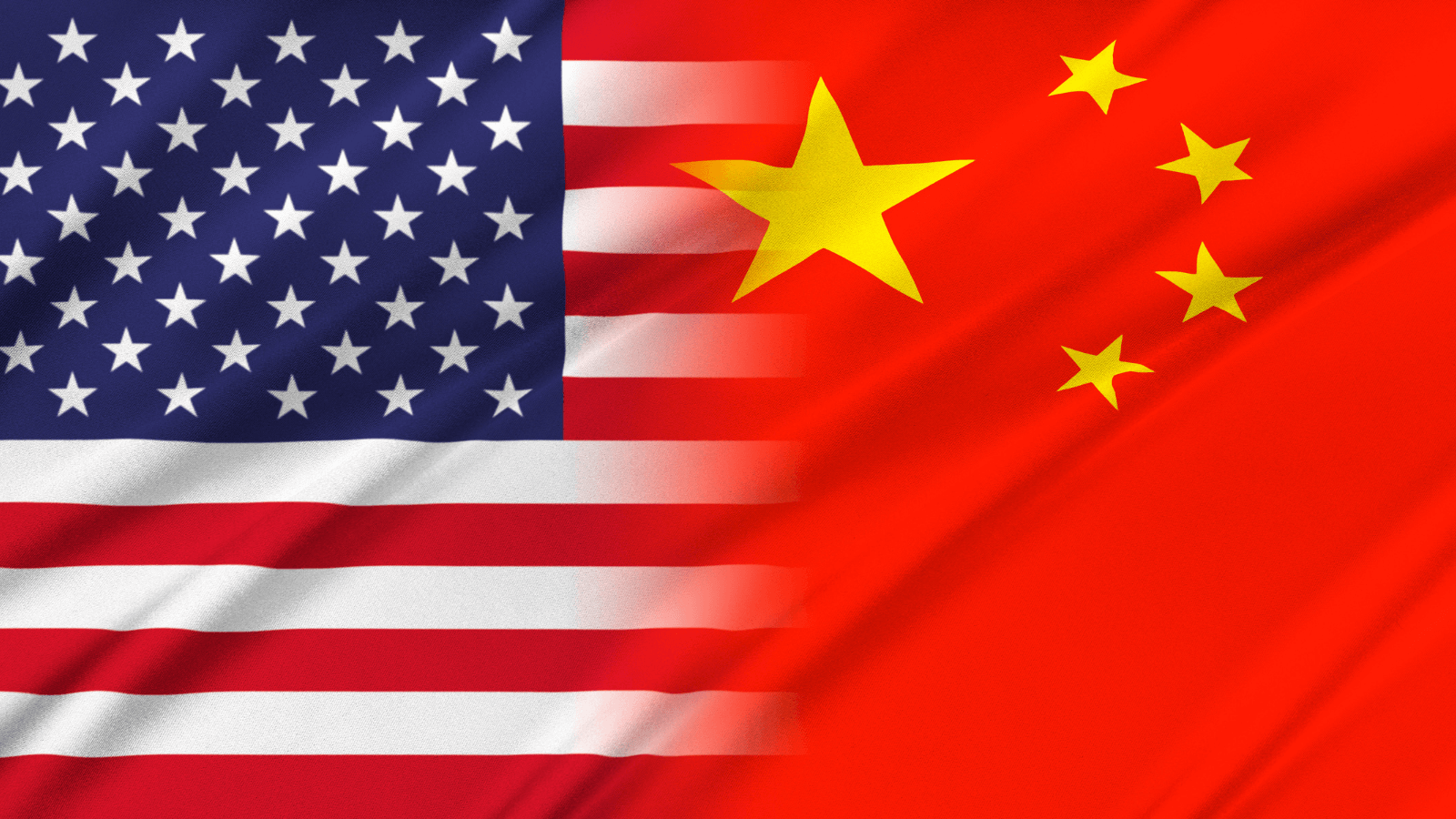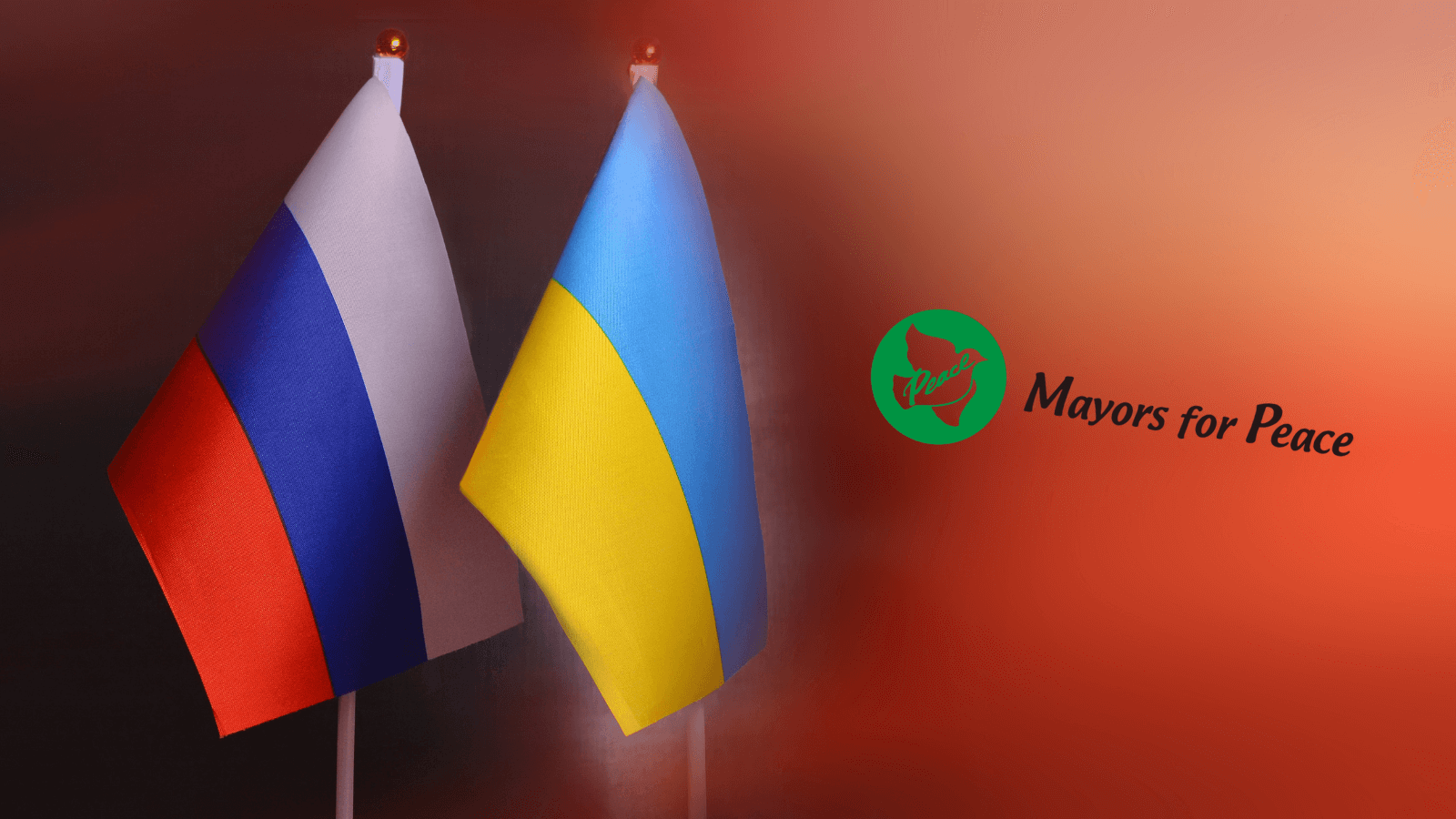In his opening speech at the Antalya Diplomacy Forum on April 11, 2025, Turkish President Recep Tayyip Erdogan described Israel as a “terrorist state” that threatens regional stability, aiming to “stir up ethnic and religious affiliations in Syria and turn minorities against the government.” Since the fall of Assad’s regime in December 2024, Turkey and Israel have emerged as dominant power brokers in Syria, filling the void left by the diminishing influence of Russia and Iran. This new reality on the ground has significantly worsened the already tense relationship between Turkey and Israel.
There is an ongoing debate about the possibility of a direct military confrontation between Turkey and Israel over Syria, which the media often amplifies into a drumbeat of a forthcoming war. In fact, beneath the noise, both countries display many parallel responses to the developments in Syria and, at times, share overlapping agendas that eventually force them to establish dialogue channels. The US must take necessary steps to reduce tension and promote de-escalation communication channels to reduce the risk of conflict between its two regional allies.
Following a meeting with Israeli Prime Minister Benjamin Netanyahu, President Trump expressed confidence in his ability to mediate between Turkey and Israel. In such a scenario, Trump might demand normalization of their relations, which would pressure Erdoğan in domestic politics. Trump might otherwise demand a deconfliction mechanism in Syria. This would be a low-hanging fruit that works for Ankara, without jeopardizing Erdoğan’s domestic standing. Recent Baku talks initiated with the help of the US indicate a gradual shift toward a form of coexistence between Turkey and Israel in Syria, aiming to facilitate a division of spheres of influence and respecting each other’s red lines.
Syria is a focal point of tension between Ankara and Jerusalem
Until 2023, the interests of Turkey and Israel have largely remained aligned during the Syrian civil war as Turkey was focused on the north of the country and the Kurds, and Israel concentrated on the south of Syria to prevent Iranian arms transfer to Hezbollah and other Iranian proxies. The fall of the Assad regime dramatically changed this equilibrium in their bilateral relations already haunted by the war in Gaza and Ankara’s strong support for Hamas. As the war of words on social media escalates, both sides are condemning each other for their respective aggression in Syria. The power vacuum created in post-Assad Syria nurtures both actors’ urge to carve their own spheres of influence inside the war-torn country.
Despite what preceded, Turkey and Israel display many similar reactions to events in Syria, often shaped by aligned security concerns. While their strategic objectives may not always coincide, there are instances where they engage in overlapping efforts in their response to regional instability, limit Iranian influence, protect their border security, and prevent the resurgence of jihadist groups on their doorsteps.
Both leaders celebrated the fall of Assad. Netanyahu described it as “a historic day for the Middle East” and for Erdoğan, “a dark era has ended in Syria, bright days have begun.” However, the unpredictability of post-Assad Syria is a double-edged sword for them. As a power vacuum in Syria could empower radical groups, a stable Syria is a shared interest as the reemergence and possible clash of various Jihadi groups and armed militias in their neighborhood might result in instability that can spill over. By becoming de facto neighbors in Syria, Turkey and Israel also share a common interest in securing their borders. Both countries have sought to establish buffer zones within Syria to deter any possible cross-border violence. Curbing Iranian influence is another common goal both countries share for the future of Syria. Moreover, Turkey and Israel aim to keep Syria stable but politically and militarily weak to advance their national agendas.
Their main objectives for the future of Syria do not always collide. Ankara’s primary goals are preventing Kurdish autonomy in northwest Syria, preventing Kurdish nationalism from spilling over into Turkey, and repatriating Syrian refugees living in Turkey. Kurdish-led Syrian Democratic Forces (SDF) hold control of northeast Syria and US forces stationed in this oil-rich region provide military support to counter the Islamic State. Turkey also aims to support Syria’s reconstruction with the backing of Qatar, securing contracts for large-scale projects that could give Turkey’s economy the kiss of life. Jerusalem aims to guarantee that neither Iranian proxies nor Jihadis use south Syria as a base to attack Israel. Since the collapse of the Assad regime, Israel took over the Syrian buffer zone in the Golan Heights and the Israel Defense Forces (IDF) conducted a massive pre-emptive campaign. IDF targeted strategic military assets, including airbases, weapon depots, naval vessels, and chemical weapons sites, to prevent advanced weaponry from falling into hostile hands.
Post-Assad Syria is not a bed of roses
However, Turkey and Israel disagree on Hayat Tahrir al-Sham (HTS) and its leader Ahmad al-Sharaa. Jerusalem fundamentally distrusts HTS due to its Jihadi origins, while Ankara perceives it as a useful ally and calls for the removal of international sanctions on Syria. Israel and the US remain deeply suspicious despite his apparent transformation from Al-Jolani (a reference to the Golan Heights) into al-Sharaa, in his transition from a jihadist leader to a political figure with a Western-oriented image. Secretary of State Marco Rubio recently expressed his concerns on the issue. Syria’s interim president al-Sharaa tried to balance the fragile equilibrium by advocating calm with both countries, stating that he did not seek conflict with Israel and did not want Syria to become a platform for the Kurdistan Workers Party (PKK) to launch attacks against Turkey. However, both Turkey and Israel warned the new leader to abide by their red lines, seeking to set the terms of the game.
Additionally, Turkey aims to negotiate a defense pact that would allow it to establish air bases with key installations at Palmyra and T4 airbase, and use Syrian airspace for military purposes. Through these steps, Turkey seems to be seeking a major role in Syrian security and to leverage its strengthened position in Syria to resolve its ongoing dispute with Washington. As Turkey pushes to return to the F-35 program and the lifting of CAATSA sanctions, the deployment of the Russian S-400 missile system in Syria is debated as a possible solution. However, Turkey’s expanding partnership with the new government provokes security concerns for Israel, especially if Turkey expands its military foothold in the south of the country, close to Israel. Israel is lobbying the US to enable Russia to keep a military presence in Syria.
While Washington continues its “wait and see” approach in Syria, Israel appears concerned about the potential US withdrawal from Syria. Ankara, on the other hand, seems to be aiming to accelerate the US exit by committing to assume responsibility for anti-Islamic State operations in the region alongside Iraq, Jordan, Lebanon, and Syria and to curb the involvement and influence of “foreign powers” in Syria. The US has been a stabilizing force in Syria and its withdrawal might encourage further Turkey and Iran to fill in the power vacuum, increasing Israel’s concerns. Jerusalem may also be calculating that without the presence of the US in Syria, its ability to influence and continue its agenda in Syria will be weakened.
Moreover, Ankara welcomed the deal between Syria’s government and the SDF, granting legitimacy to both parties. Accordingly, while Ankara rejects any Kurdish statelet along its border, it signals that it is willing to accept a semi-autonomous Kurdish territory within a unified Syrian state. Connected to domestic politics, Turkey now has a golden opportunity to end its decades-old conflict with the PKK, which has become a liability for Turkey as a source of strain on its regional relations and a vulnerability in its regional aspirations, manipulated by many rivals. Israel seems uneasy about these developments and concerned about the reintegration of the resource-rich northeast into Syria and the potential security threats posed by a stronger and hostile government in Damascus.
Risk of a military confrontation between Turkey and Israel
A direct military confrontation would probably not materialize, even if that is still a possibility. Besides the fragility of the Syrian scene and the strengthened military capabilities of both countries which would prevent any further escalation, Israel is already engaged in a multifront war in Gaza and Lebanon, and Turkey’s main objectives are to prevent Kurdish autonomy and boost its influence in the Middle East. A conflict between Turkey and Israel and a destabilized Syria would only serve Iran’s regional agenda.
Moreover, Washington would certainly restrain any escalation. Restoring maximum pressure on Iran and expanding the Abraham Accords, which normalized Israel’s relations with several Arab countries, are the main strategic objectives of the Trump administration’s approach to the Middle East. The US is pivotal in de-escalating tension between its two regional allies. Several reconciliatory statements are coming from Turkey and Israel, proving a mutual interest in avoiding further escalation. There are also reports suggesting that Syria is interested “under the right condition” in joining the Abraham Accords. Additionally, both Turkey and Israel confirmed that direct technical talks took place in Azerbaijan on April 9 to discuss a deconfliction mechanism aimed at preventing unwanted incidents in Syria.
Interestingly, three non-Arab countries of the region, Turkey, Israel, and Iran, are dominating the discussion over the future of Syria. Once part of bilateral clandestine alliances formed by the Israeli periphery initiative, these countries are currently shaping the new Middle East. On the other hand, it looks like the US is once again underestimating the determination of regional actors that try to increase their hands as they prepare for the prospect of American disengagement from the Middle East.








